Yearning to understand your fear of dental drills? Discover the causes and learn effective techniques to manage this common phobia.
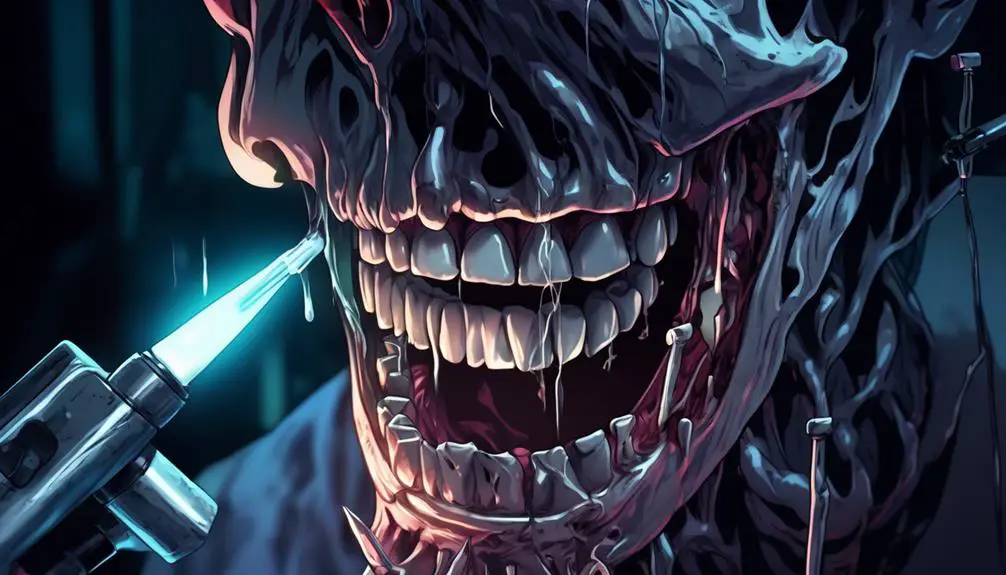
What Is the Fear of the Dental Drill Phobia?
Did you know that nearly 75% of adults in the U.S. experience some degree of fear when it comes to dental drills? This apprehension, known as dental drill phobia, can be so intense that it prevents people from seeking necessary dental care, leading to severe oral health issues.
But what exactly causes this fear, and more importantly, how can you combat it? Stick around, as we're about to unpack the mystery behind this widespread phobia and explore the techniques that can help you manage it.
Key Takeaways
- Dental drill phobia is a common fear experienced by nearly 75% of adults in the U.S., causing avoidance of necessary dental care.
- The fear is often rooted in past traumatic dental experiences and is triggered by the high-pitched whirring noise of the drill.
- Understanding the psychological aspects of the fear, such as pain, loss of control, and vulnerability, is essential for managing and overcoming it.
- Neglecting oral health due to fear of the dental drill can lead to severe consequences, including bad breath, gum disease, tooth loss, and the buildup of plaque and bacteria. Regular dental visits are crucial for early detection and treatment of dental issues.
Understanding Dental Drill Phobia
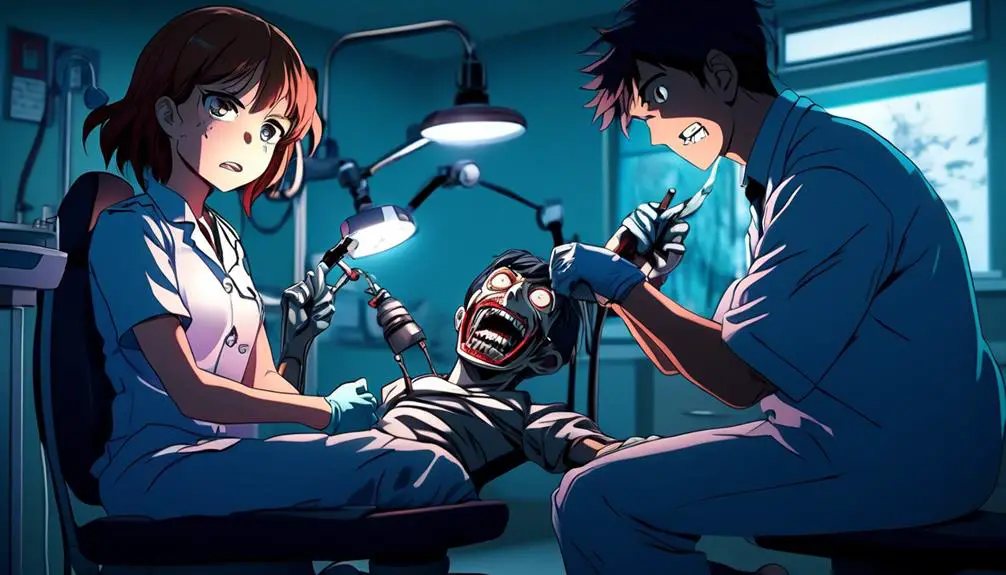
Why does the mere thought of a dental drill send chills down your spine? It's because you're likely experiencing a common fear known as dental drill phobia. Recognizing this fear and its origin isn't just necessary for understanding your reaction, it's crucial for overcoming it.
Drill sound effects play a big role in this fear. The high-pitched whirring noise can make your heart race and palms sweat. The sound alone can create a sense of panic, even before the drilling begins. It's not the pain you fear, but the noise. It's a natural response, really, when you consider our innate fear of loud noises, especially those associated with danger or harm.
The phobia origin can be traced back to past traumatic dental experiences, often in childhood. It could've been a painful procedure, a dentist who didn't put you at ease, or even a scary story you heard. The fear then intensifies over time, with the drill sound effects serving as a trigger, reminding you of the initial fear-inducing incident.
Understanding the basis of your fear is the first step in managing it. You're not alone in this. Many people share your fear of dental drills. It's not irrational or silly, but a genuine phobia that can have a significant impact on your dental health and overall wellbeing. By recognizing the role of drill sound effects and the phobia's origin, you're on your way to tackling this fear head-on.
Psychoanalytical Perspective of the Fear
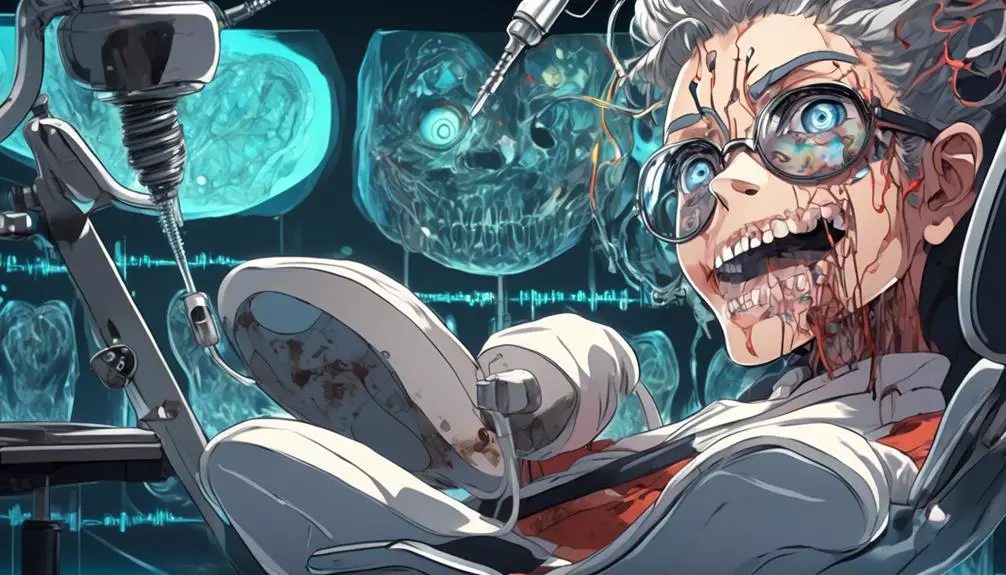
Delving into the psychoanalytical perspective, it's essential to realize that your fear of the dental drill isn't just about the noise, but also about the deep-rooted anxieties and past experiences that it triggers. This fear might be a manifestation of your subconscious, expressing itself in a way you can't ignore.
Dream interpretation, a cornerstone of psychoanalysis, suggests that each element of a dream symbolizes an aspect of your waking life. Similarly, your phobia of the dental drill might represent something more profound. Perhaps it's a symbol of your fear of pain, loss of control, or vulnerability. It's not uncommon for phobias to be linked to traumatic events, hence the term 'phobia origin'. If you've had a traumatic dental experience in the past, the mere sound of the drill might trigger those memories, escalating your fear.
Furthermore, this phobia may also be a projection of unconscious fears. In psychoanalysis, Sigmund Freud proposed that we often project our innermost fears onto external objects or situations. Thus, your fear of the dental drill could be a representation of deeper, masked anxieties.
Common Symptoms and Reactions
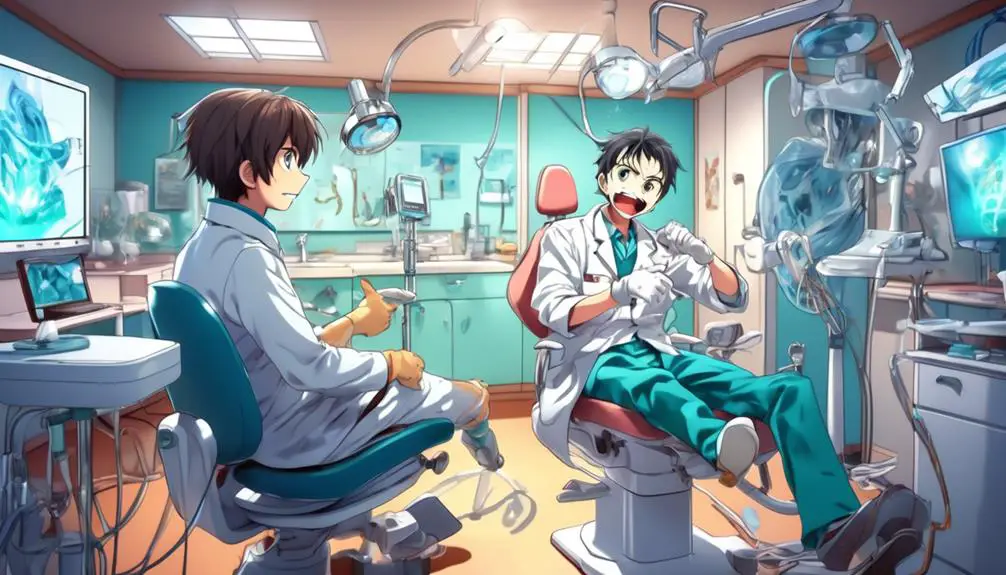
While understanding the deeper psychological aspects of your fear is crucial, it's equally important to recognize the common symptoms and reactions that occur when faced with a dental drill. You may feel a sudden rush of panic or unease at the thought or sight of the drill. This is often one of your anxiety triggers, a direct result of your phobia's origin. You may experience an increased heart rate, sweating, trembling, or even nausea. It's not unusual to feel an overwhelming desire to escape the situation, a classic symptom of a phobia.
Your reaction may also be to avoid the dentist entirely. You might find yourself coming up with excuses to cancel appointments or even avoiding making them in the first place. This avoidance is a common symptom of dental drill phobia and can lead to serious consequences for your oral health.
It's also possible to experience flashbacks to past traumatic dental experiences. These vivid, intrusive memories can exacerbate your fear, making even the thought of a dental visit daunting. You might even find yourself experiencing nightmares about the dental drill, causing additional stress and anxiety.
Understanding these symptoms and reactions can be a stepping stone to overcoming your fear. Recognizing that these responses are a result of your phobia, not a reflection of reality, can help you begin to manage your fear. Remember, it's okay to feel this way. Your anxiety triggers are real, and acknowledging them is the first step to overcoming your fear.
Your fear has an origin, and understanding it's key to conquering your phobia.
Impact on Oral Health
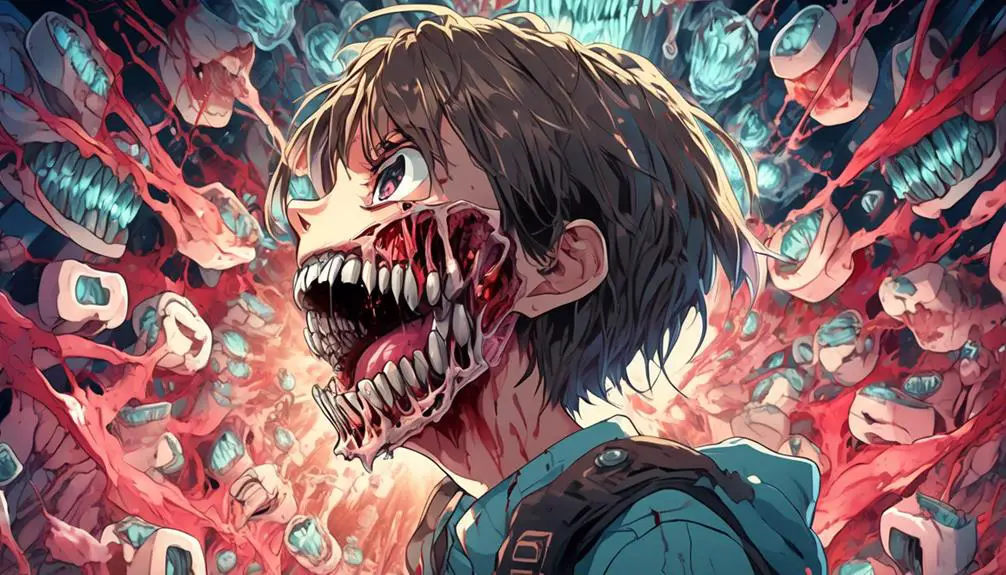
Neglecting your oral health due to a fear of the dental drill can have serious, long-term consequences. Dental anxiety consequences can range from mild issues such as bad breath to severe problems like gum disease and tooth loss. By avoiding regular check-ups and cleanings, you're giving plaque and bacteria the opportunity to build up, leading to tooth decay, cavities, and other serious oral health problems.
When you allow your fear to dictate your actions, you're not just avoiding a specific tool or procedure. You're essentially shunning preventive measures that are crucial for your overall oral health. Regular dental visits are your first line of defense against dental diseases. They enable your dentist to detect issues early on, making treatment easier and less invasive.
But here's the good news: Understanding the potential consequences of dental anxiety can motivate you to overcome your fear. Empathetic dentists can work with you to ease your fear, using techniques like sedation dentistry or simply explaining the process to you in a way that makes it less intimidating.
Psychological Techniques for Management
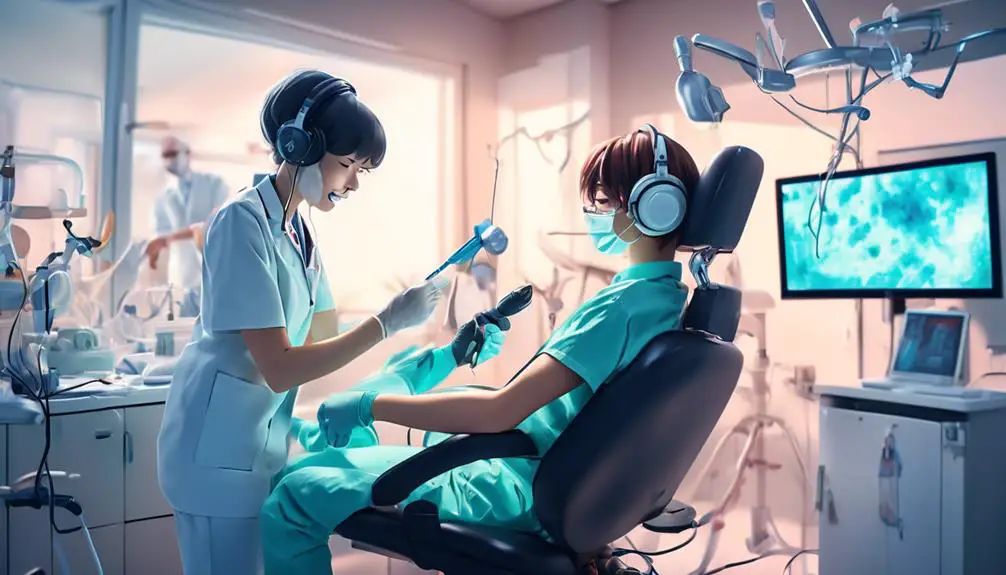
If you're grappling with a fear of the dental drill, there are various psychological techniques available that can help you manage and overcome your anxiety. Among these methods, Hypnosis Applications and Virtual Reality Therapy stand out as particularly effective tools.
Hypnosis, often portrayed as a party trick, is actually a legitimate psychological tool with numerous applications. In the field of dentistry, it's used to help patients relax, reduce their anxiety, and promote a positive dental experience. Imagine sitting in the dentist's chair, but instead of feeling fearful, you're in a state of deep relaxation. The sound of the drill doesn't bother you; it's just background noise. That's the power of hypnosis.
Virtual Reality Therapy, on the other hand, is an innovative approach to dealing with dental phobia. It involves immersing you in a virtual environment that's designed to distract you from the ongoing dental procedure. For instance, you might put on a VR headset and find yourself in a serene beach, hearing the calming waves, and seeing the beautiful sunset while your dentist works on your teeth. You're so engrossed in the virtual reality that you barely notice what's happening in the real world.
Both these techniques, while different, aim to achieve the same goal: to help you overcome your fear of the dental drill. They're not magic tricks, but viable methods that are backed by scientific research. So, don't let your phobia stop you from getting the dental care you need. There's help available, and it's more accessible than you might think.
Seeking Professional Help
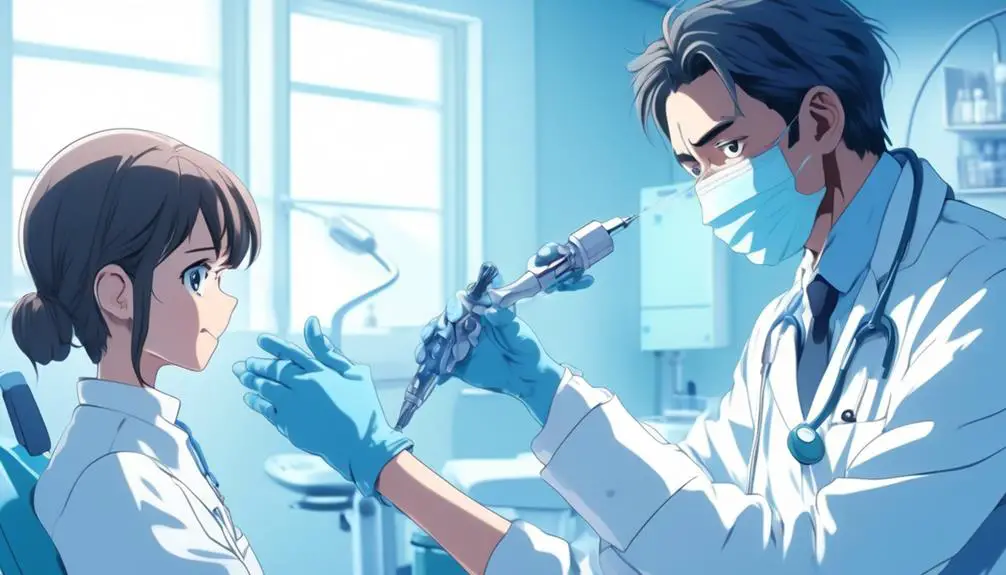
Many people find that seeking professional help is a crucial step in overcoming their fear of the dental drill. It's not unusual to feel apprehensive, even terrified, about dental procedures. You're not alone, and it's important to remember that. However, when this fear starts to interfere with your dental health, it's time to seek professional help.
Various therapy options exist to help you manage your phobia. Cognitive behavioral therapy (CBT), for instance, is a commonly used method. In CBT, you'll work with a therapist to identify and change negative thought patterns that contribute to your fear. Over time, this can help to reduce your anxiety and make dental visits more bearable.
Another effective treatment is exposure therapy. Here, you're gradually exposed to the sound of a dental drill in a controlled, safe environment. This method helps to desensitize you to the noise, lessening the fear associated with it.
Hypnotherapy is another option. A professional hypnotherapist can help you reach a state of deep relaxation and suggest positive thoughts and feelings about dental procedures.
Support groups can also be beneficial. Connecting with others who are dealing with the same fear can provide comfort and practical advice. Sharing experiences and coping strategies can be an empowering step on your journey to overcoming your phobia.
Conclusion
Facing dental drill phobia can be daunting, affecting your oral health and overall wellbeing. It's crucial to understand its psychological roots and recognize its symptoms. Don't let this fear control your life.
There are many techniques to manage it, and seeking professional help is always a wise step. Remember, you're not alone in this struggle, and with the right help and methods, you can conquer this phobia.
So, don't delay that dentist appointment any longer!
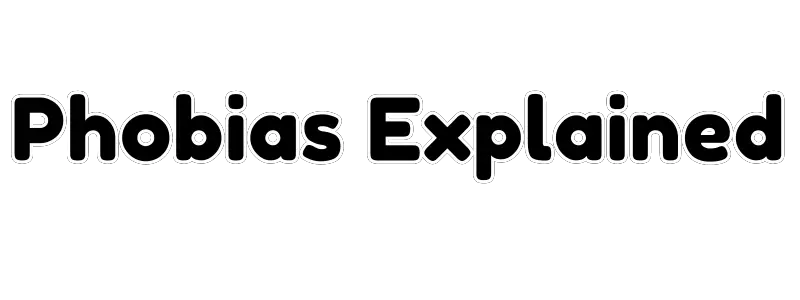


Sign up